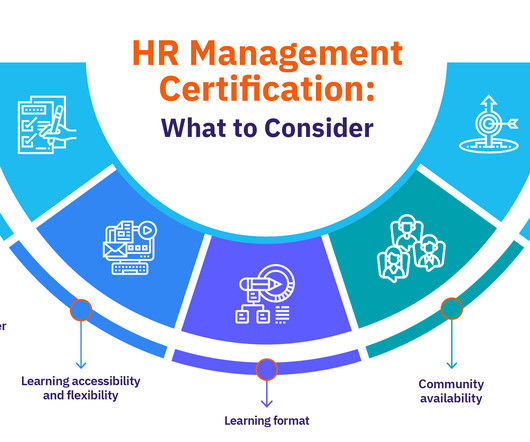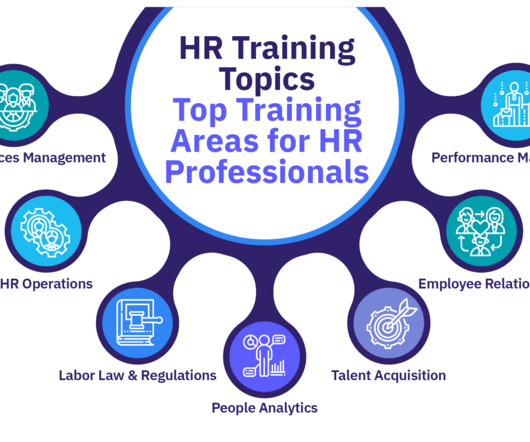Understanding Talent Development and Its Impact in Your Organization
Careerminds
APRIL 29, 2024
Frequently used yet sometimes elusive, “talent development” encompasses both a field of study and a profession dedicated to facilitating employee growth within organizations. Despite its common usage, many have difficulty grasping precisely what talent development entails. What Is Talent Development?

























Let's personalize your content